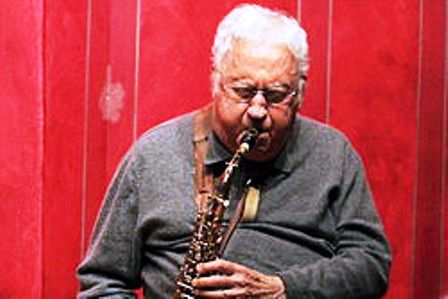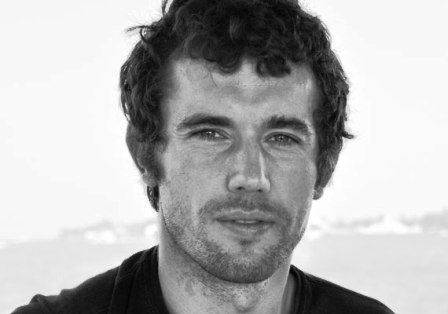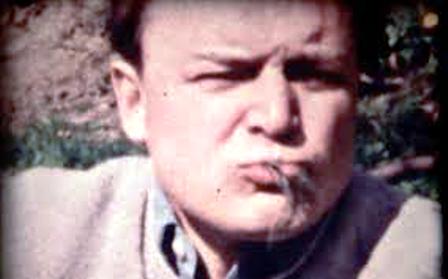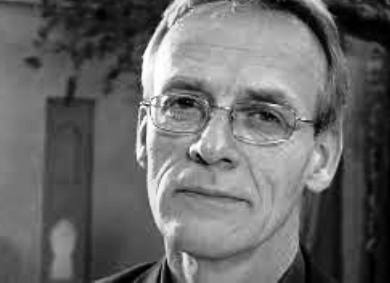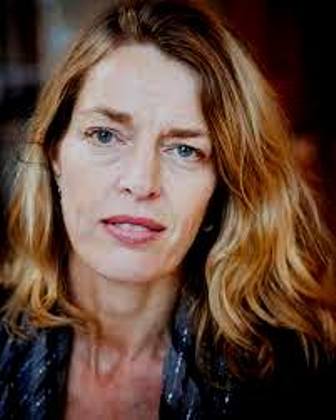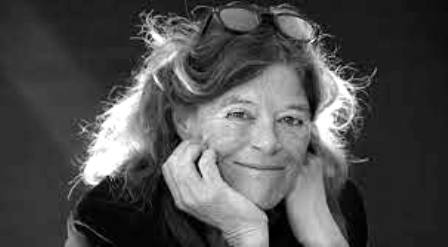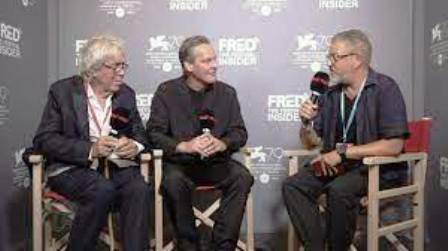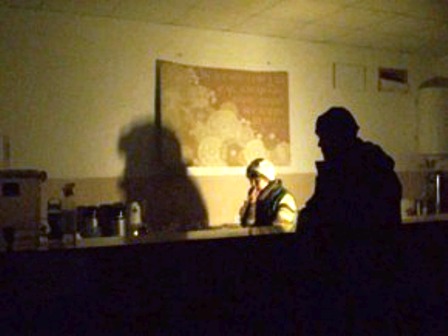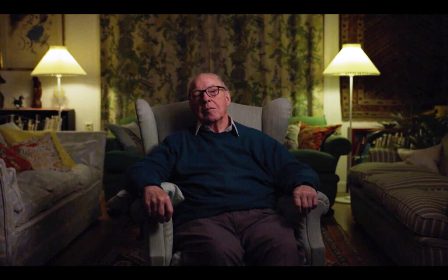


Fipadoc 2023
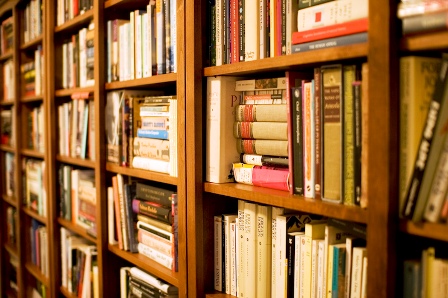
It’s a beautiful and elegant website to enter, the one from FipaDoc in Biarritz that introduces itself like this:
“We believe in true stories. Stories from here and there, of laughter and tears, stories simple but extraordinary, brave and surprising. Stories that open our eyes to those around us, that change the world, that inspire and stay with us forever. We believe in documentary films.”
Voila, and looking into the program, there is a strong film line divided into categories and an industry section with pitching and meetings. With a lot of festival categories being competitive. So there are juries with well known names like Nordisk Panorama’s Anita Reher, producer Iikka Vehkalahti, director Salomé Jashi, producer Uldis Cekulis, director Rachel Leah Jones, producer Alexandre Cornu, director Marta Prus and festival director from Ukraine’s DocuDays Vika Leshchenko…
Just to mention a couple of titles – in the Musical Documentary section Jørgen Leth and Andreas Koefoed are represented with beautiful “Music for Magic Pigeons”, in the International section there is Davide Ferrario’s “Umberto Eco – a Library of the World” that I would love to watch, in the Impact section there is Nikolaus Geyrhalter’s impressive “Matter out of Place” and in the French “Godard. Seul le Cinéma” by Cyril Leuthy. When you surf on the website you can watch the trailers and the one about Godard looks great.
Industry Days: There is a special focus on the Baltic countries and Finland, “Dive into the Baltic Sea” (hmm…), with Latvian Zane Balcus as moderator, there are pitching days organized by my old colleague from EDN Ove Rishøj Jensen and of course Ukraine is the guest of Honor under the headline “Visions of Ukraine”. 9 films have been selected and there is a Ukrainian panel present for a discussion: Viktoria LESHCHENKO,Docudays UA, Olga GIBELINDA, director, Ivanna KHITSINSKA, producer, Roman BLAZHAN, director, Andrii LYSETSKYI, director, OLHA BESKHMELNYTSINA, producer. Lysetskyi’s fine “Liturgy of Anti-Tank Obstacles” (2022) is shown in Biarritz as is “Ukrainian Sheriffs” by Roman Bondarchuk, produced by Latvian Uldis Cekulis. With whom, allow me a small flashback, I was in Biarritz years ago, with Archidoc, where Cekulis made a case study on his wonderful “Klucis. The Deconstruction”.
And there is much much more to experience, put together by producer Christine Camdessus and her team. Wish you a good festival, starting today.
Still: Umberto Eco Library
